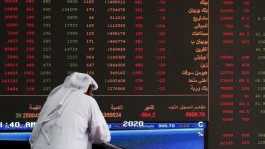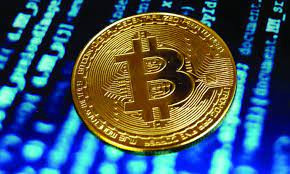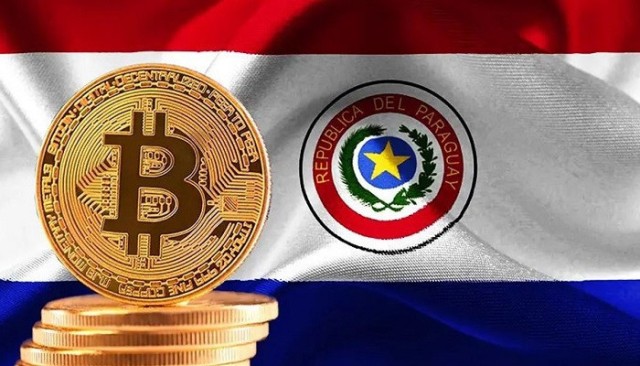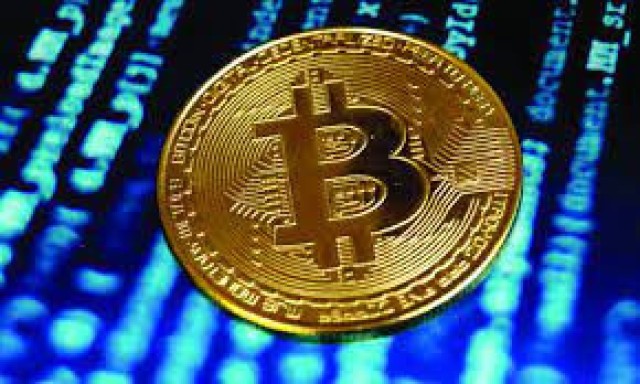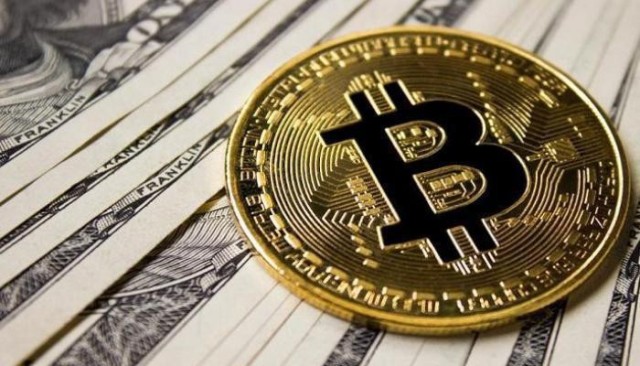El Salvador’s announcement of bitcoin as a legal currency may create challenges for both the country and the cryptocurrency, and investment bank JPMorgan has attributed the reason for questioning the ability to implement those plans, to the fact that bitcoin trading volumes usually exceed $40 billion to $50 billion per day, But most of the trades are absorbed by the major exchanges.
According to Arab Net, the bank added that a large portion of Bitcoin is locked in illiquid entities, with no more than 90% of their holdings in circulation in more than a year, as A large and increasing portion of portfolios have a low turnover rate, according to Bloomberg, and reviewed by Al-Arabiya.net.
The daily payment activity in El Salvador will represent about 4% of the volume of recent transactions on the Bitcoin blockchain, and more than 1% of the total value of the coin, the report said. With the lack of liquidity and the nature of volume, it likely poses a significant limitation on its potential as a medium of exchange, the team added.
The initiative of El Salvador's President Najib Boukela to make bitcoin an official currency in the country has sparked debate over whether it is useful, and about the potential repercussions.
Bukkela argued that Bitcoin would help raise financial inclusion, raise El Salvador's low bank penetration rate, and lower the cost of sending remittances. But the International Monetary Fund - which is in discussions with El Salvador about its credit program now - is among those who have questioned this rationale.
Even many Bitcoin proponents say that while there is an argument that it is a good store of value, its usefulness as a payment mechanism is limited.
In turn, Stablecoin Tethe co-founder William Quigley said: Bitcoin is the worst payment system ever invented. He added: “Almost any token is better than Bitcoin as a payment system.”
Other challenges seen by JPMorgan regarding El Salvador's legalization of bitcoin include what recent surveys indicate about widespread skepticism and reluctance to use bitcoin as a means of exchange.
Bitcoin's high volatility is also a particularly big challenge in a monetary system along with formal dollarization.









